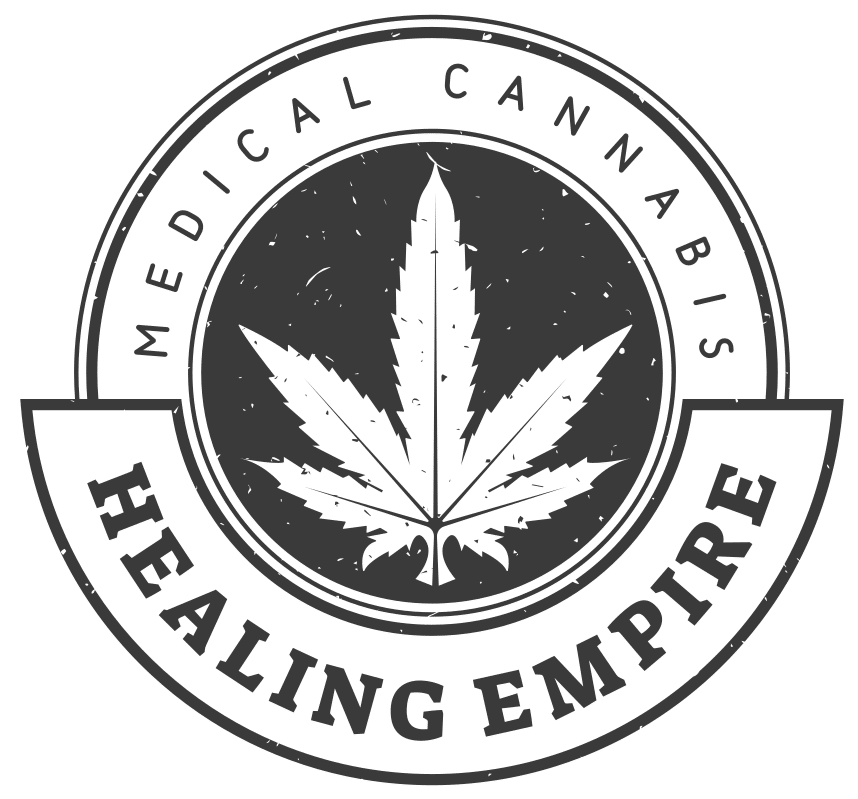Blog
CBD and Pregnancy: What You Need to Know About CBD Use During Pregnancy and Breastfeeding
Pregnancy is a transformative and delicate time in a woman’s life, and it’s natural to seek safe and effective ways to support overall well-being during this period. With the rising popularity of CBD, many expectant and breastfeeding mothers may wonder about its potential benefits and risks. In this article, we’ll explore what you need to know about CBD use during pregnancy and breastfeeding, shedding light on the current research, safety considerations, and expert recommendations.
Understanding the Current Research Landscape
Before considering CBD use during pregnancy or breastfeeding, it’s essential to gain a comprehensive understanding of the current research landscape surrounding this topic. While CBD has garnered attention for its potential therapeutic properties in various contexts, limited studies specifically focus on its effects during pregnancy and lactation. This research gap means that there is still much to learn about how CBD may impact the developing fetus or the nursing infant. To make informed decisions, it’s crucial to rely on evidence-based information and consult with healthcare professionals who are knowledgeable about the potential risks and benefits associated with CBD use during these stages. By staying informed and understanding the limitations of the existing research, expectant and breastfeeding mothers can prioritize the health and well-being of themselves and their children.
Safety Considerations and Expert Recommendations
When it comes to CBD use during pregnancy and breastfeeding, safety is of paramount importance. Experts unanimously emphasize caution due to the limited research available on this specific topic. CBD products can vary in their THC content, the psychoactive compound found in cannabis. This poses potential risks for both fetal development during pregnancy and the nursing infant during breastfeeding. Since comprehensive studies are lacking, it is advised to err on the side of caution and avoid CBD use altogether during these crucial stages. Prioritizing the health and well-being of both the mother and child is paramount, and it is best to consult with healthcare professionals who can provide personalized guidance and recommendations based on the latest scientific evidence. By making informed decisions, expectant and breastfeeding mothers can ensure the safety and well-being of themselves and their babies.
Potential Risks and Uncertainties
While CBD is generally considered to have a favorable safety profile, it is crucial to recognize the potential risks and uncertainties associated with its use during pregnancy and breastfeeding. Although CBD is derived from hemp and contains minimal THC, some studies suggest that cannabinoids can cross the placenta and be transferred to breast milk. This raises concerns about potential developmental effects on the fetus or nursing infant. The developing fetal brain and endocannabinoid system are sensitive, and the introduction of cannabinoids during these critical stages could potentially interfere with normal development. Additionally, the long-term effects of CBD on the child’s cognitive and behavioral development are not yet fully understood. Due to the limited research available, it is prudent to err on the side of caution and avoid CBD use during pregnancy and breastfeeding to prioritize the well-being and safety of both the mother and the child. It is always recommended to consult with a healthcare professional for personalized advice and guidance in making informed decisions regarding CBD use during this special time.
Alternative Approaches for Pregnancy and Breastfeeding
During pregnancy and breastfeeding, it’s essential to prioritize the well-being of both the mother and the baby. If you’re seeking natural ways to support your health during this special time, several alternative approaches can contribute to a healthy pregnancy and postpartum experience. Regular exercise, with the guidance of a healthcare professional, can help maintain physical fitness and improve mood. Engaging in relaxation techniques like meditation or prenatal yoga can help reduce stress and promote emotional well-being. Additionally, maintaining a nutritious diet that includes a variety of fruits, vegetables, whole grains, lean proteins, and healthy fats is vital for both maternal and fetal health. Consulting with healthcare professionals who specialize in prenatal care is highly recommended to ensure you receive appropriate support and guidance throughout your journey. Remember, prioritizing proven methods that are known to be safe during pregnancy and breastfeeding is crucial for the health and safety of both you and your baby.
Safety Considerations and Expert Recommendations
While CBD has gained popularity for its potential health benefits, the current lack of comprehensive research on CBD use during pregnancy and breastfeeding means that caution should be exercised. Experts recommend avoiding CBD during these stages due to potential risks to fetal development and the nursing infant. Instead, it’s advisable to explore alternative approaches that are known to be safe and have a proven track record. As always, consulting with your healthcare provider is essential for personalized advice and guidance throughout your pregnancy and breastfeeding journey.



